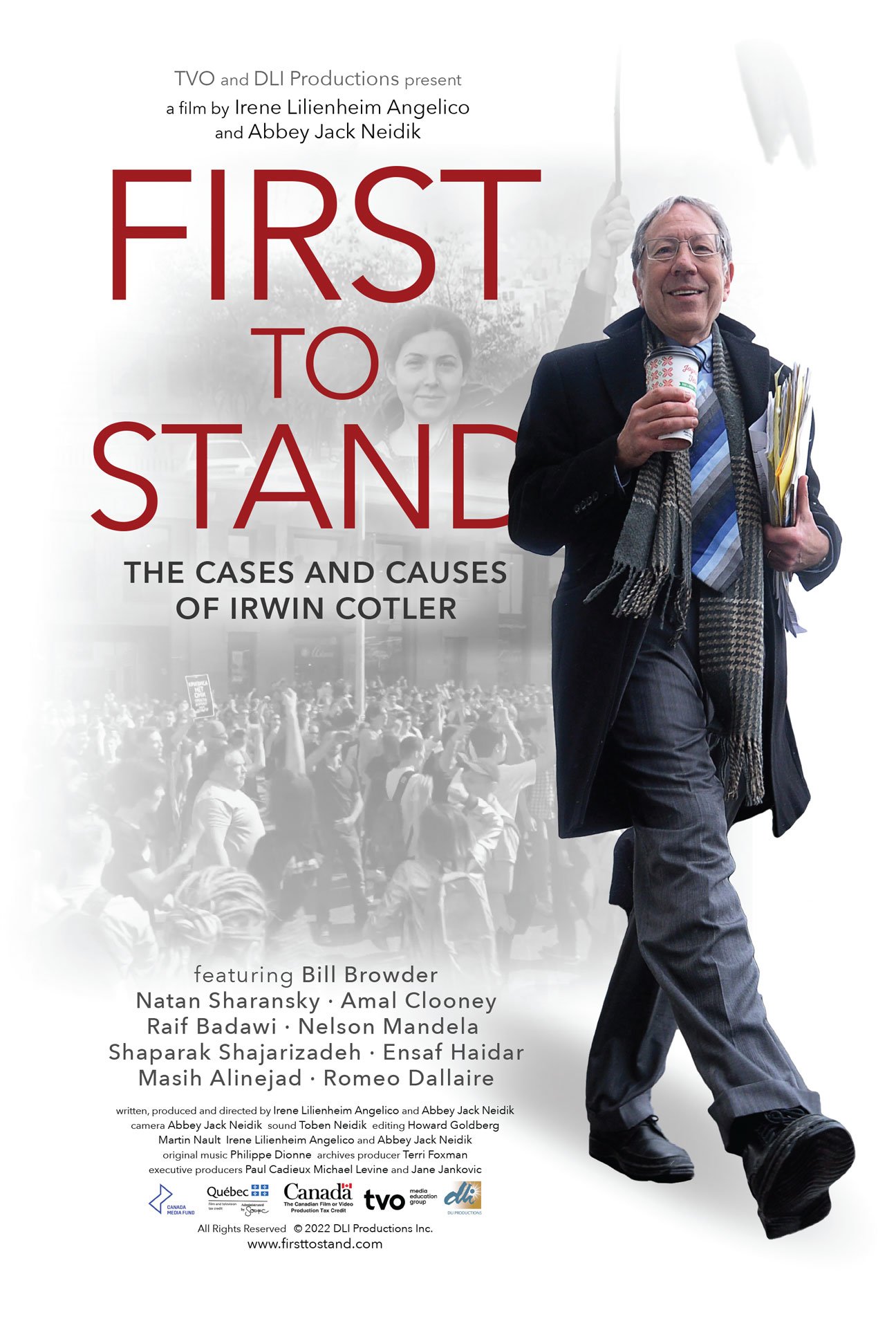Philip Bobbitt has been a friend for now slightly over three decades. It is hard to describe this thoughtful polymathic person adequately, and it would hard for me overemphasize the intellectual influence and impact he had on the thirty years of my Institute’s directorship.
In 1988, he came to speak for the Institute twice, first for our symposium on Foreign Policy Imperatives for the Next Presidency, speaking on The Link Between Nuclear Strategy and Proliferation: Future Problems for American Nuclear Thinking. His germane recently published book was Democracy and Deterrence: The History and Future of Nuclear Strategy.
Later, he addressed our second symposium of that year, Covert Action and Democracy, on the findings of the Iran contra hearings. He was then counsel to the Senate Intelligence Committee on the Iran/Contra Affair.
He again he visited us in 2002-03 for EPIIC’s Sovereignty and Intervention year as a Fellow of our Institute Scholar and Practitioner in Residence (INSPIRE) program.
My students embraced his seven-to-nine-hundred page tomes and digested them eagerly! The Shield of Achilles: War, Peace and the Course of History (2002) was a magisterial history of strategic innovation, major wars, peace conferences, international diplomacy, and constitutional governance standards for states. Here is one compelling insight into the book, and a way in which my students might have tried to “escape” 900 pages of reading…
His Terror and Consent: the Wars for the Twenty-first Century (2008) argued that the defeat of terrorism must be brought about within the context of law. His possible future scenarios and policies often became applied simulations.
One of the nation's leading constitutional theorists, Professor Bobbitt is currently the Herbert Wechsler Professor of Jurisprudence and the Director of the Center for National Security at Columbia University. He is also a Distinguished Senior Lecturer at the University of Texas Law School, and Senior Fellow in the Robert S. Strauss Center for International Security and Law at the University of Texas. Professor Bobbitt is a Member of the Commission on the Continuity of Government. His book, Constitutional Fate: Theory of the Constitution (1982), a study of judicial review, asserts that all branches of government have a duty to assess the constitutionality of their actions. Bobbitt's "modalities" of constitutional law are now generally considered to be the standard model for constitutional arguments.
In his recent work, The Garments of Court and Palace: Machiavelli and the World That He Made, Professor Bobbitt presents Machiavelli as the ‘spiritual forefather’ of the US Constitution and conceptualizes the state as a distinct apparatus of power. In 2018, anticipating events, he updated Yale Law Professor Charles Black’s Watergate classic work, Impeachment: A Handbook.
He was ideal to convene our 2020 Convisero panel on the Constitution, the Supreme Court, and the electoral college in the shadow of the Trump/Biden Presidential election.
He has served extensively in government, for both Democratic and Republican administrations. In the 1970s, he was Associate Counsel to President Carter for which he received the Certificate of Meritorious Service and worked with Lloyd Cutler on the charter of the Central Intelligence Agency. He served on the External Advisory Board for the CIA until 2017.
As noted, he later became Legal Counsel to the Iran-Contra Committee in the U. S. Senate, as well as the Counselor for International Law at the State Department during the George H. W. Bush administration, and served at the National Security Council, where he was director for Intelligence Programs, senior director for Critical Infrastructure, and senior director for Strategic Planning during Bill Clinton's presidency. He was a principal draftsman of PDD 63, the first presidential document to establish a strategy for critical infrastructure and cyber protection. He is also a Fellow of the Editorial Board of Biosecurity and Bioterrorism.
Bobbitt’s works are punctuated by fascinating poetic and literary references, be it W.H. Auden or Shu Ting, Homer or Wislawa Szymbroska, Thomas Hardy or Czeslaw Milosz. Since 1990, Bobbitt has endowed the Rebekah Johnson Bobbitt National Prize for Poetry, awarded biennially by the Library of Congress. It is the only prize given by the nation for poetry. When he was with us as an INSPIRE Fellow, we had a special delightful session dedicated to poetry and politics.
Many of the EPIIC themes over the thirty years of my directorship resonated Professor Bobbitt’s thinking - global transnational threats, vicious and virtuous cycles of globalization, the tenacity and tension of state sovereignty, human rights, the fragility of democracy, nuclear war, pandemics, environment degradation. He has posed many nuanced and intriguing future scenarios. It has been fruitful to think and spar with him.
Ever conscious of the dynamic complexity of the interrelated nature of our world, Professor Philip Bobbitt has even given a name to the human tendency to assume the present situation will remain the same. He calls it the “Parmenides Fallacy,” after the misguided Greek philosopher who argued that the world was static and that all change was an illusion.
A historian of war and peace, of nuclear strategy, of law and constitutional order, Bobbitt is an original, elegant, and rigorous thinker. He is refined, of character and thought. He is a wonderfully decent man.
I am honored that he spoke in my honor at my retirement on the occasion of the Institute’s 30th Anniversary Gala. His talk was a reprise of what he thought about with us almost thirty years earlier on international terrorism.
A final admission – he cares about human rights. I especially love that he is a juror for the Civil Courage Prize and made my students aware of the courageous story of one of my personal heroes, the WWII French resistance leader, Jean Moulin.
























































